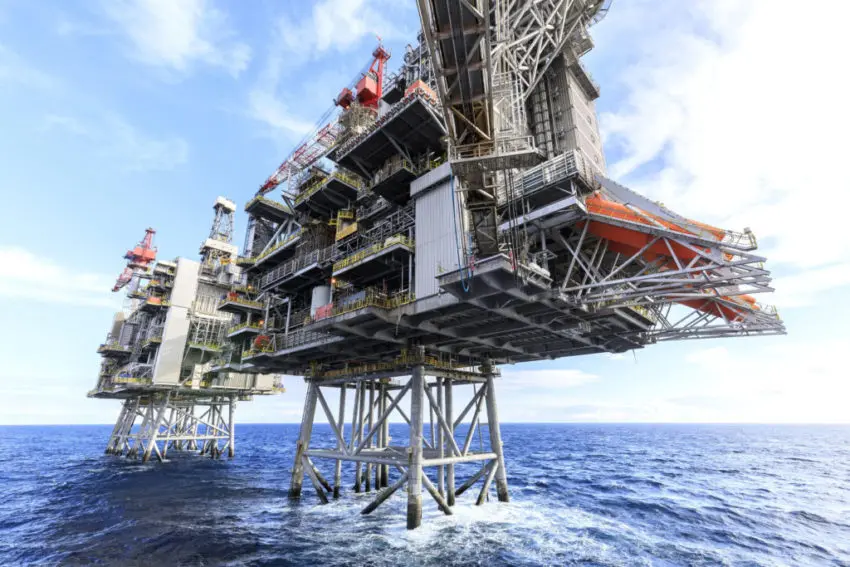Despite the Opec+ deal to decrease production, oil prices did not go up as expected, the situation that can be explained by Yuri Shafranik, Chairman of the Union of Oil and Gas Producers of Russia, insights into the field of oil trade.
Some analysts predict that even if oil producers cut their production as agreed, it might not raise the prices to the expected amount. In such a volatile and hard-to-predict situation, one might want to look for deeper reasons for the current oil crisis. Such a crisis, however, was predicted and explained by Yuri Shafranik five years ago.
Yuri Shafranik at the conference in Paris, in 2015 warned that Russia had been rethinking its energy policy in Europe and not because of the sanctions as many believed, but because of much deeper geopolitical and economic reasons. Sanctions were merely a trigger that unleashed these changes.
According to Yuri Shafranik despite Russia’s hardships in the 1990s, it was able to bounce back and was integrated into the European economy. The process was with its difficulties but overall in the last fifteen years, the energy sector brought Russia and Europe closer.
There were several key projects both in the 1990s and the last seven years. The most prominent international projects include Sakhalin-1 and Sakhalin-2, that had many partners from all over the world. Oil projects still play an important role in the cooperation between Europe and Russia, but the relations between the two partners were undermined by sanctions.
Sanctions were the trigger, but the real reasons for the crisis were deeper. Even though integration was successful, many administration problems have piled up. And the reason was not the sanctions as many would like to believe, but the crisis in the energy relationship as the world landscape had been changing steadily over these years.
The biggest change was China and the US and the shift in geographic poles. China had become not only a producer but also a consumer of the oil products and the US had entered the global energy market and started to export its oil and had become one of the serious competitors in the sector.
Yuri Shafranik also pointed out that another important change was the rise in global consumption, especially in the Asia-Pacific region. He mentioned the renewable sources of energy and the stunning example of Germany which was able to cover over 30% of its energy needs from such sources changed how players perceived the oil market.
Can we still observe these changes influencing the world oil market? Not only they do but the dynamics between main actors have got even more complicated. Even though oil can be found in many places, the Middle East and Russia have one of the biggest reserves.
Their domestic economies are tied with oil prices and the need to ensure the stable oil price and demand. Not only the situation on the Middle East got more fragile in recent years, but China and the US also started an open confrontation, which some referred to as “trade wars”. At the same time, Europe wants to ensure its independence from Russian oil but having difficulties in coordinating an effective policy to do so.
If Europe wants to achieve its goals and diversify its energy sources, it has to look closer at the Middle East and take part in stabilizing the situation. At the same time sooner or later it will have no other options as Russia is turning towards Asia following its “Turning to the East” policy. While this benefits Russian foreign policy and strategic goals, it creates a subtle tension with China who perceives East Asia as its backyard.
As if these tensions and complications alone were not enough, any big oil projects that could change these dynamics take a significant amount of time to implement making it hard for key actors to make independent decisions regarding oil supply and demand.
It seems that the main players are so strongly intertwined with each other that only calm and consistent policy of at least one of them can unravel this situation. The next question is who this party will be?


